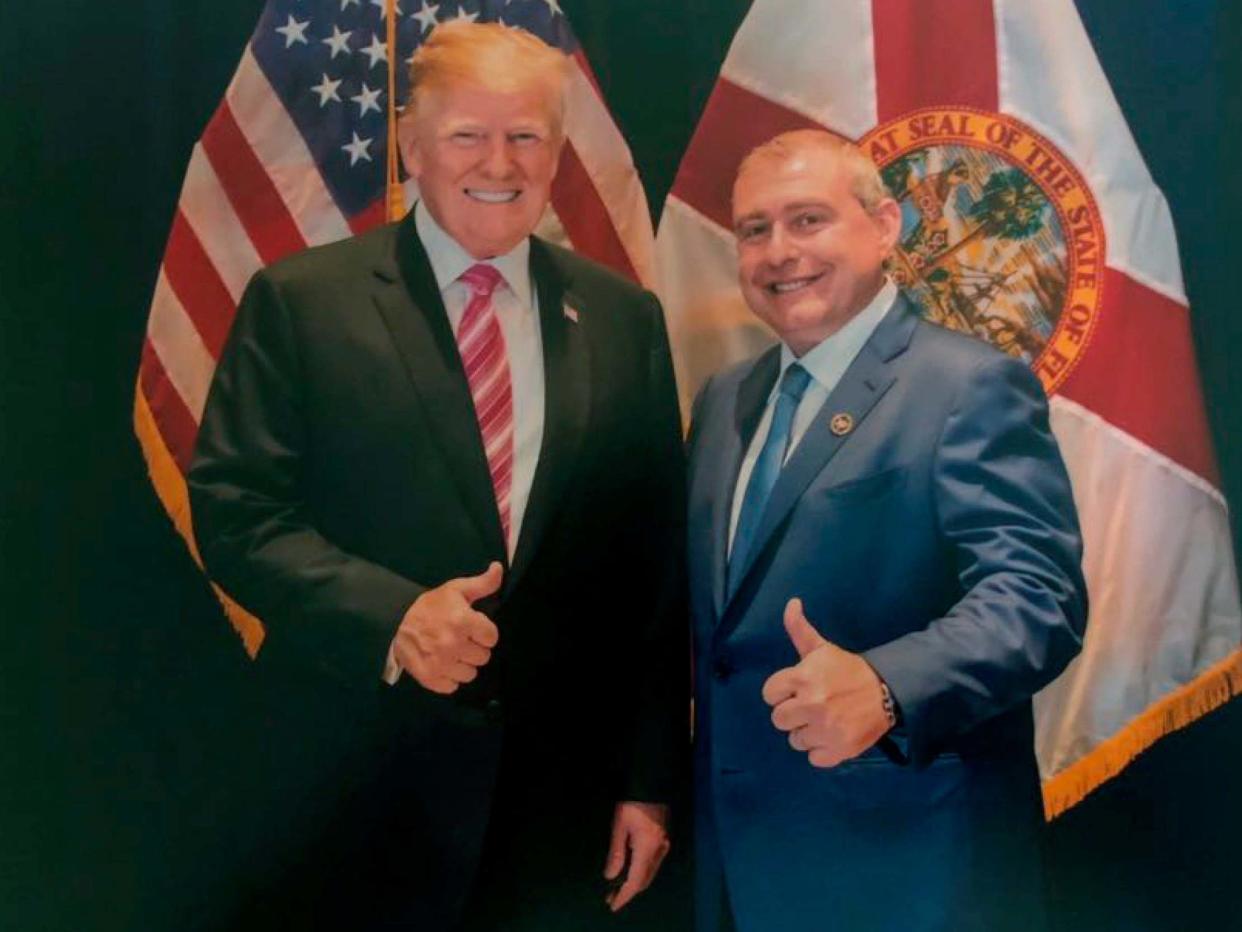This Senate impeachment trial will predict whether America gets a fair election in November

The House impeached President Donald Trump for abuse of power and obstruction of Congress. Specifically, he is accused of withholding military aid from Ukraine in an effort to force Ukrainian President Zelensky to announce that his country was investigating former Vice President Joe Biden's son, Hunter, for corruption. Trump, of course, denies these allegations. These are the things we know for certain so far.
Many accounts of Trump's actions discuss the fact that he is using the government to advance his own ends. Other commentators have focused on the damage Trump has done to our foreign policy by marginalizing career diplomats and allegedly using foreign aid as a tool for blackmail.
These are serious issues. But they shouldn't obscure the main reason impeachment was necessary. In my view, Trump is trying to steal the 2020 election.
Biden is the leading contender for the Democratic presidential nomination, and may well face Trump in the election in the fall. Trump's alleged actions in Ukraine were, we can surmise, supposed to smear Biden by creating headlines around already debunked accusations.
Trump knows that this kind of media manipulation and disinformation can be effective because it worked in 2016. In that election, Russian intelligence agencies hacked and leaked Democratic National Committee emails, creating a huge media smoke-storm around candidate Hillary Clinton, even though there was no actual wrongdoing. Given how close the 2016 election was, it's possible that Russian interference helped swing the election to Trump. By the same token, a well-timed announcement of a Ukrainian investigation into Biden could affect the 2020 results.
Clinton and Biden are both partisan, controversial figures. Many people on the left and right dislike them, for reasons good and bad. As a result, to avoid alienating potential support, Democratic messaging has generally charged Trump with attacking American democracy or the constitution, rather than with trying to harm Democrats and steal the election.
Could Trump's apparent actions in Ukraine be intended to harm Democrats and to derail this year’s election? To me, that seems eminently possible — and anyone who cares about progressive change in the US in the near- or long-term should be extremely concerned about the implications.
Democratic candidates in the primary have pushed a wide range of sweeping initiatives designed to make America a more equitable and freer place. They've argued for free healthcare for all, for expanding social security, for free college, for taxes on wealth, for revamping disability policies. They've presented plans to combat climate change, and policies to strengthen unions. All of these plans are meant to excite and inspire voters to cast ballots for the candidates who propose them. That's how change is supposed to work in a democracy: You put forward proposals voters like, voters put you in office, and then you enact your plans.
But if one party refuses to play fair, the whole system collapses. If Republicans can manipulate elections, voter choices don't matter.
This is why the Republican embrace of voter suppression in the 2000s has been so disturbing. Republicans have used aggressive gerrymanders to seize control of state legislatures when they would lose a fair majority vote. They've boasted about using voter ID laws to disenfranchise black and poor voters who are more likely to vote for Democrats. In Florida, the Republican-dominated Supreme Court recently allowed the state to disenfranchise people released from prison if they have not paid all their fines — effectively adopting a poll tax.
Interfering in an election is different from voter suppression, but the underlying ideological motivation is the same. Like Republican legislatures and governors who deliberately disenfranchise Democratic voters, it seems Trump believes that Democratic voters have no rights he needs to respect.
It seems that Trump and the Republican Party are united in their core belief that Republicans should be allowed to game our electoral system. That's why the Republicans are almost unanimously supporting Trump during impeachment. He's accused of tampering with elections, and apparently, tampering with elections on behalf of Republicans is no crime.
It's also why Democrats had no choice but to move forward with impeachment. If Trump and Republicans are set on stealing elections, Democrats have to oppose them with whatever tools they have. It's not enough to just wait and hope that Democrats can unseat Trump in November 2020.
The trial in the Senate is a battle, not the war. But we should understand what's at stake when Trump tries to use the powers of his office to impact American elections. If we're going to win the struggle for democracy, we need to be clear what we're fighting for.

